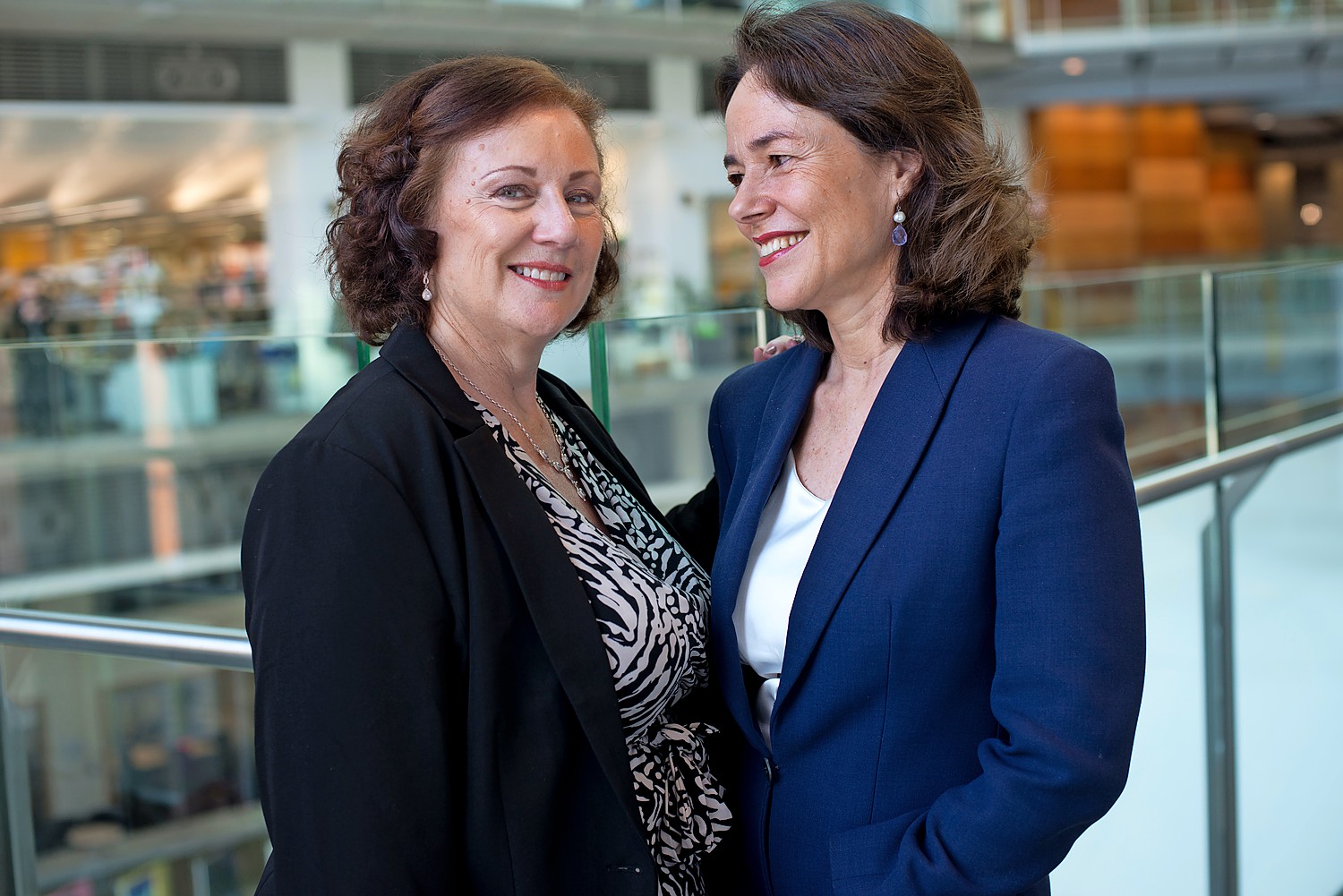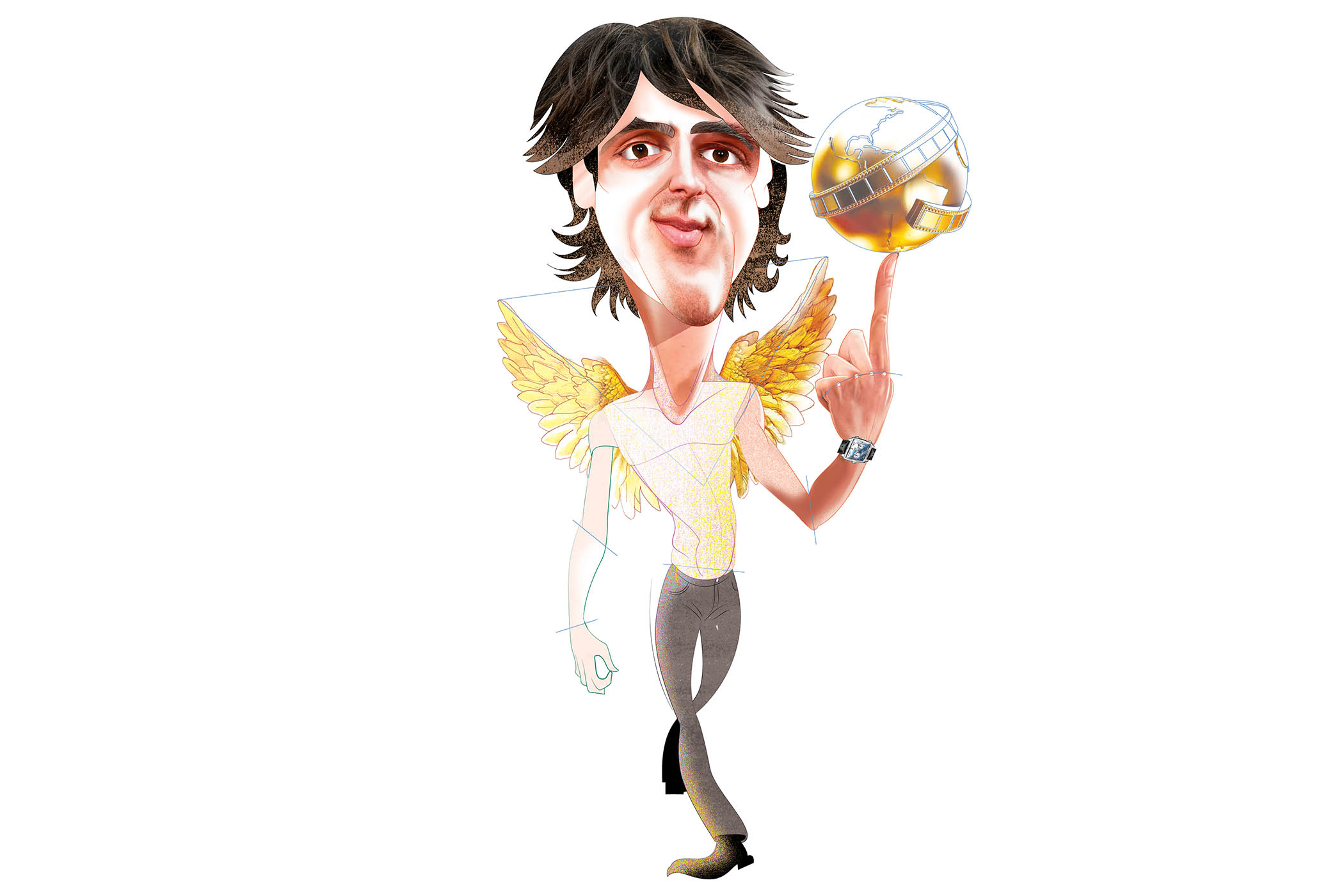Listen to our four-part series about Folbigg’s case, The Lab Detective, here.
Kathleen Folbigg, the Australian mother falsely accused of killing her four children, has been granted a A$2m (£970,000) compensation payout after spending 20 years in jail.
The payment was approved by the New South Wales attorney-general after Folbigg was exonerated on the basis of groundbreaking science. Innovative DNA sequencing revealed that she was carrying a previously undiscovered genetic mutation that could cause heart problems. She had passed it to two of her children, which meant it was likely that they had died from natural causes.
The case featured in The Observer’s podcast The Lab Detective, which follows the work of Carola Vinuesa, the scientist at the Francis Crick Institute in London who helped to clear Folbigg’s name.
Vinuesa said: “While I am pleased that genomic evidence ultimately exonerated Kathleen – highlighting the critical importance of taking novel, previously unseen genetic variants seriously in trials and legal inquiries - I am disappointed by the inadequacy of her compensation.” She pointed out that the payment was less than a third of the amount given in 2019 to David Eastman, who was wrongfully convicted of the murder of an Australian federal police assistant commissioner and spent 19 years in jail.
‘She is being treated with contempt by the very system that should be making amends’
‘She is being treated with contempt by the very system that should be making amends’
Rhanee Rego, solicitor
Folbigg was convicted in 2003 of killing her four children between 1989 and 1999. A jury found her guilty of the murders of Patrick, Sarah and Laura, and the manslaughter of Caleb. After the trial she was denounced as a “baby killer” and described as “Australia’s worst female serial killer”. In prison she spent many years in solitary confinement for her own protection, even though she continued to protest her innocence.
In 2023, the convictions were quashed after more than 100 scientists signed a letter raising concerns about the case.
Last year Folbigg applied for compensation. Announcing the payment last week, Attorney-general Michael Daley said: “The decision follows thorough and extensive consideration of the materials and issues raised in Ms Folbigg’s application and provided by her legal representatives.”
However, Rhanee Rego, Folbigg’s solicitor, described the amount awarded as “profoundly unfair and unjust.” She said: “The sum offered is a moral affront – woefully inadequate and ethically indefensible.
“The system has failed Kathleen Folbigg once again. Kathleen lost her four children; she lost 20 of the best years of her life; and she continues to feel the lasting effects of this ongoing trauma.
Newsletters
Choose the newsletters you want to receive
View more
For information about how The Observer protects your data, read our Privacy Policy
“The payment does not reflect the extent of the pain and suffering Kathleen has endured. This should be about the system recognising the significance of what it did to her… After being failed at her conviction and abused in prison, she is now being treated with contempt by the very system that should be making amends.”
Folbigg’s friend Tracy Chapman, who campaigned for her release, said the money awarded would barely cover her expenses after spending decades in bars. “She literally said, ‘I have no words’,” Chapman told ABC news. “She’s been in prison for 20 years and you’re asking her to live off that amount of money with bills, and the ongoing costs, it’s not enough.”
In the podcast, Folbigg describes the “bittersweet” moment she learned about the genetic mutation which proved she had been the victim of a miscarriage of justice. “It was a double-edged sword for me because here I am saying I didn’t do anything, I’m innocent, I haven’t killed my children and yet I passed on a gene that did. I had a lot of soul-searching.”
Vinuesa compares herself to a “detective” trying to uncover the evidence. “I never set out to work on these things but like all scientists we want to get to the truth,” she says. “And if you know how to do something or you have some expertise that can be of value when people are potentially being treated terribly by society, then of course you want to volunteer that expertise.”
She says that new developments in genetics have profound implications for the criminal justice system as well as medicine. “It is a very exciting time. This revolution in genomic sequencing has opened up enormous possibilities.”
Photograph by Sophia Evans for The Observer



